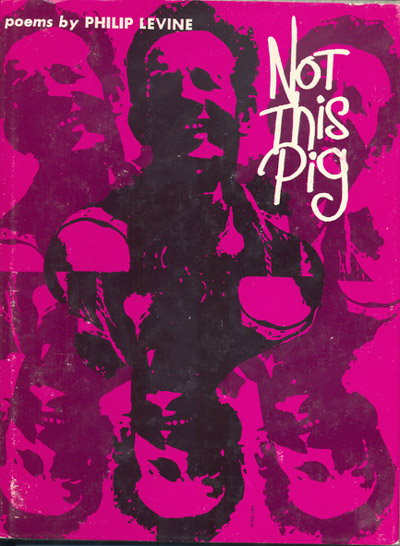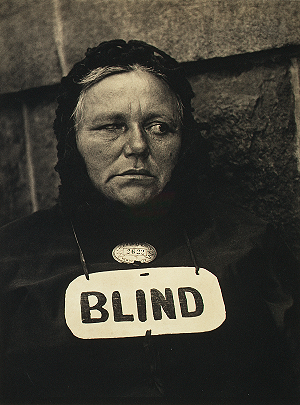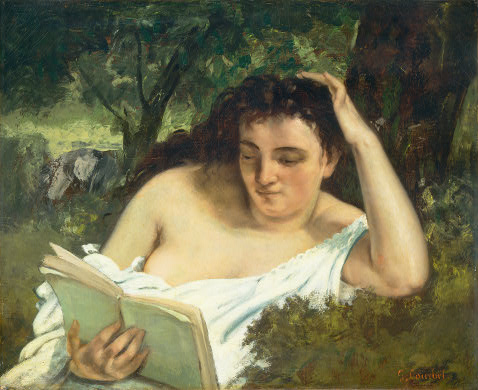Paris is famous for its open-air food markets. But difficult economic times are turning them into giant foraging sites — and not just for the poor. [Source: iStockphoto.com/NPR]
In my mind, NPR’s Eleanor Beardsley has become the Janet Flanner of her times. I imagine New Yorker readers in the 1930s turning to Flanner’s “Letters from Paris” much the same way I listen now for Beardsley’s finely-tuned audio slices of life from the city I love. From haute cuisine at the day-care center to urban chic at the Paris Farm Show, Beardsley’s stories evoke French appetites for life’s simple yet elegant pleasures.
“In the shadow of the Eiffel Tower, city workers take down the poles and awnings after the biweekly market on the fashionable Avenue de Saxe,” Beardsley reports this week. “While seagulls fight over fish heads, about a dozen people rummage through what is admittedly nice-looking, discarded produce…
Until recently, only the poor and homeless turned up after the street markets closed, foraging through discarded fruit and vegetables. Now, in a stark sign of the times, it’s not unusual to see ordinary, even well-heeled Parisians looking for free food.
The street markets of Paris are like a window on France’s gastronomic soul.
From the abundance, freshness and variety of food, it’s clear what makes this country tick. Glassy-eyed fish stare up from the ice of a fishmonger’s stand, nestled between scallops, stingrays and live crabs. Produce vendors bark out the prices of their colorful fruits and leafy vegetables. And dried sausages hang alongside rabbits, chickens and even wild game at the butcher’s stall.
But like the rest of Europe, France is in a recession.
When the market closes and the vendors begin to pack up their stands, a different kind of consumer arrives. They are the gleaners, named after those lowly souls in past centuries who followed the field harvest, scavenging what was missed the first time around. These urban gleaners slowly pick their way through the market refuse, hauling away their finds in sacks or rolling them away in shopping bags on wheels.
… Leon Cohen has been bringing his produce to Paris markets for 40 years. He says he is ashamed of what he sees today.
“A few years ago, you never would have seen that here. It’s ugly for the neighborhood and it’s shameful for France. Can you imagine, in a rich country, the world’s fifth economic power, you have people eating out of the trash?” Read more/listen.
Although Beardsley doesn’t mention George Orwell in this story, the echoes of his Down and Out in Paris and London are unmistakable.
![gustave_caillebotte_paris_street_rainy_day Gustave Caillebotte. Paris Street, Rainy Day (La Place de l’Europe, temps de pluie). 1877. Oil on canvas. Art Institute of Chicago. [Source: Wikimedia Commons]](../../../../wp-content/uploads/2009/02/gustave_caillebotte_paris_street_rainy_day_1877_wiki.jpg)
![Fog at Isle Royale [Source: wildmengoneborneo.com] Fog at Isle Royale [Source: wildmengoneborneo.com]](../../../../wp-content/uploads/2008/04/isle_royale_fog.jpg)
 If there is an emerging genetic underclass, I could run for class president or class clown. Read more in
If there is an emerging genetic underclass, I could run for class president or class clown. Read more in 

gleaning is a time honored, biblical precept: purposefully leaving enough produce to make gleaning possible. my grandfather, whoa was at times a market trader, practiced this, according to my father, making sure that after packing up, something remained “for people who need it”
Yes, Alex, I believe in that tradition, too. When I was a baker, I always made an extra loaf of bread to give away, by way of honoring the yeast’s gift to all of us. One of the legendary elders in my village, a Quaker pacifist, grew a modest community garden just so he could give away its produce. He gleaned the edible weeds such as lamb’s quarters for his own repast.
I take exception with the produce man quoted here who felt ashamed of gleaners in Paris. No food should be wasted for the sake of pride.